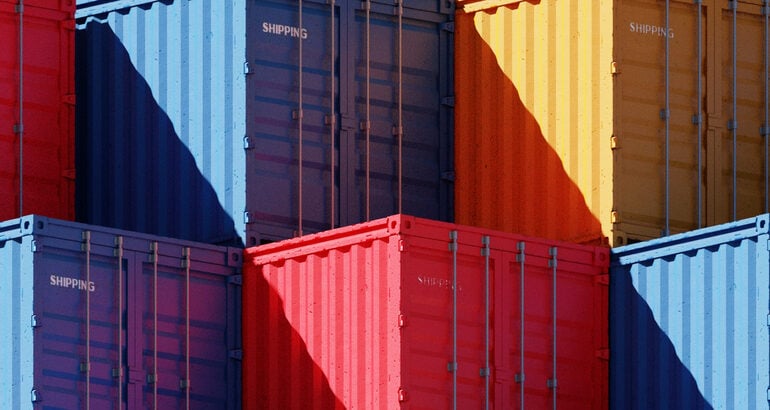On 12 June 2025, the representatives of the EU Member States in the Committee of Permanent Representatives (Coreper) approved the Council’s negotiating mandate to revise Regulation (EU) 2019/452 (EU FDI Screening Regulation) on the screening of foreign direct investment (FDI). This clears the way for the so-called trialogue negotiations with the European Parliament and the European Commission. The aim of the reform is to strengthen the EU’s ability to respond to security-related risks of foreign investments and forms part of the EU Commission’s agenda of an ‘open strategic autonomy’ – while at the same time maintaining an open and investment-friendly environment.
The new DOJ FCPA enforcement policy emphasizes US national security and business interests, moving away from solely prosecuting bribery of foreign officials. The focus will be on bribes involving Transnational Criminal Organizations (TCOs), cartels, and those impacting US competitiveness or national security. Routine, locally accepted business practices are deprioritized. The DOJ will exercise discretion to determine if conduct genuinely impacts US interests, leaving other cases to the SEC or foreign regulators. This creates a more nuanced and unpredictable enforcement environment, with clarity expected only as enforcement patterns emerge.
In this session, a panel of speakers from across Baker McKenzie discussed global enforcement priorities and challenges. Trends in the EU (such as the proposed EU Directive on anti-corruption) were noted, but the panel focused, in particular, on Asia, Africa and Latin America.
This session examined recent geopolitical and regulatory developments in anti-bribery and corruption (ABC) enforcement across the US and UK.
On 16 April 2025, the decrees enacting the Law of Acquisitions, Leases and Services of the Public Sector and amending the Law of Public Works and Related Services, both proposed by the Federal Executive Branch, were published in the Federal Official Gazette (DOF).
On 12 May 2025 the newly issued Criminal Division White-Collar Enforcement Plan, the Head of the US Department of Justice (DOJ)’s Criminal Division, Matthew R. Galeotti, set out the Department’s priorities for corporate criminal enforcement under the new Administration and issued a number of updated policy documents.
These changes affect the Criminal Division’s Corporate Enforcement and Voluntary Self-Disclosure Policy, its policy on the Selection of Monitors (memorialized in the Memorandum on Selection of Monitors in Criminal Division Matters, and the Whistleblower Awards Pilot Program.
Our popular Annual Compliance Conference, which attracts senior in-house legal and compliance professionals every year from across the world, will be held virtually from 3 to 12 June 2025.
The conference will provide you with valuable insights from our international trade, compliance and investigations, regulatory and antitrust lawyers. We will delve into critical topics shaping the future of global businesses such as sanctions, export controls, customs and tariffs, national security laws, antitrust, product regulation, ESG and related enforcement trends.
The Serious Fraud Office (SFO) has published new guidance on corporate co-operation, which is intended to encourage corporates to self-report potential criminal misconduct to the SFO.
The guidance provides that, if a corporate entity self-reports suspected wrongdoing and cooperates fully with an SFO investigation, it can expect to be invited to negotiate a Deferred Prosecution Agreement rather than face prosecution, unless exceptional circumstances apply.
On 20 March 2025, the decree enacting the General Law of Transparency and Access to Public Information, the General Law for the Protection of Personal Data in Possession of Obligated Entities, the Federal Law for the Protection of Personal Data in Possession of Private Parties, and the amendment to Article 37, Section XV, of the Organic Law of the Federal Public Administration was published in the Official Gazette of the Federation.
As of 18 February 2025, the US Treasury’s Financial Crimes Enforcement Network is once again authorized to enforce the beneficial owner interest (BOI) reporting provisions of the Corporate Transparency Act . Therefore, beneficial ownership interest report filing by Reporting Companies is once again mandatory with an extended deadline of March 21, 2025, for many companies.



